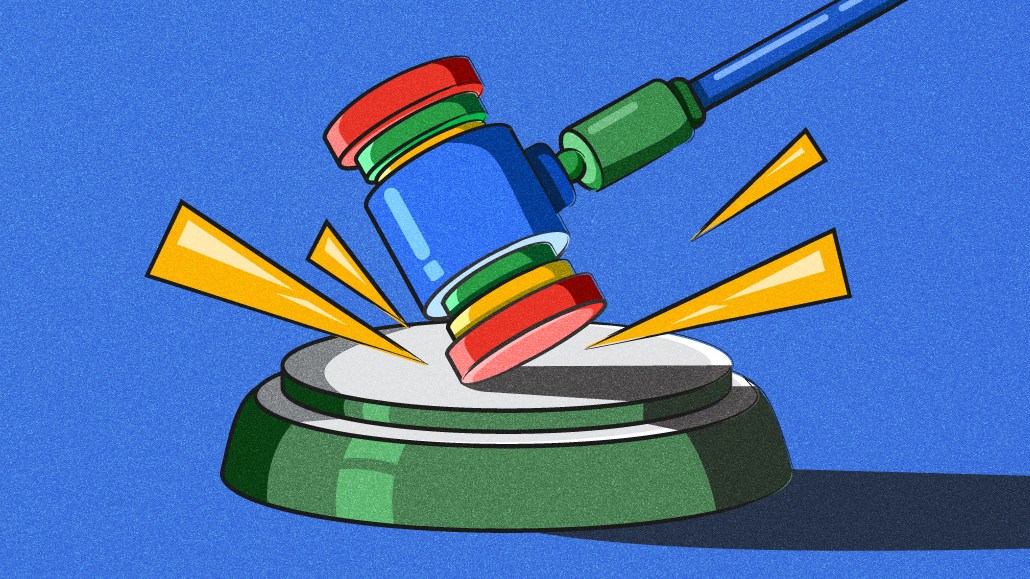Secure your place at the Digiday Publishing Summit in Vail, March 23-25
As the ‘trial of the century’ nears its end, have the scales tipped in the DoJ’s favor?

In mid-September, what is arguably the most impactful trial in the history of the internet kicked off with the Justice Department taking aim at Google’s market-dominating search empire, and after this week’s proceedings, some think the government will emerge victorious.
The stakes are very high for Google, with the government alleging that it violated U.S. antitrust laws as it rose to dominance in the search market through its distribution agreements with a string of fellow large corporations, including Samsung and Verizon.
What has generated the most column inches has been its relationship with Apple, with the initial estimates pegging Google payments to remain the default search engine on the iPhone in the region of $20 billion.
Google faces legal battles on multiple fronts. However, its current battle with the DoJ in a Washington D.C. courtroom is undeniably its most critical, with Big Tech players (not just Google) involved in the proceedings all eager to keep their inner dealings under wraps.
However, an apparent slip-up in this week’s proceedings revealed that Google pays Apple as much as 36% of its search revenues generated through the Safari web browser. According to Bloomberg reporters, the defendant’s head counsel “visibly cringed” when the disclosure was made by University of Chicago professor Kevin Murphy, a Google economics expert and witness for the trial.
The developments convinced Barclays analysts Ross Sandler and Tim Long to publish a note forecasting that Google is likely to lose the case – one that could potentially lead to some breakup.
However, the Barclays duo believes the eventual censure will fall short of that and estimated that eventual remedies would more likely resemble Safari users offered “choice screens” over what search engine to choose when installing the web browser.
“We’ve seen choice screens rolled out on Android devices in Europe already, which hasn’t had a major impact on Google’s market cap, mostly because query share didn’t change much, and the Android channel isn’t that material to Google’s bottom line,” read a note from the duo.
However, with additional U.S. antitrust cases coming down the line next year, would a loss (albeit minor) set a bad precedent for the internet behemoth?
More in Marketing

‘The conversation has shifted’: The CFO moved upstream. Now agencies have to as well
One interesting side effect of marketing coming under greater scrutiny in the boardroom: CFOs are working more closely with agencies than ever before.

Why one brand reimbursed $10,000 to customers who paid its ‘Trump Tariff Surcharge’ last year
Sexual wellness company Dame is one of the first brands to proactively return money tied to President Donald Trump’s now-invalidated tariffs.

WTF is Meta’s Manus tool?
Meta added a new agentic AI tool to its Ads Manager in February. Buyers have been cautiously probing its potential use cases.









